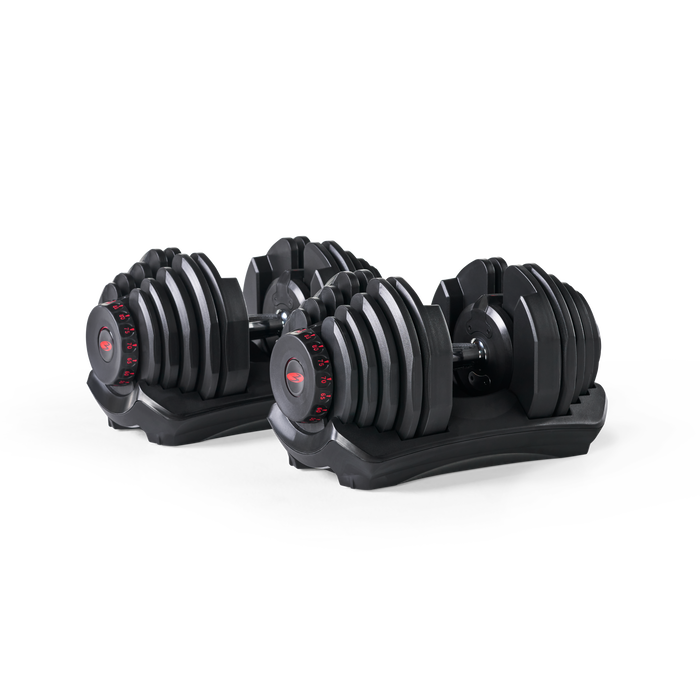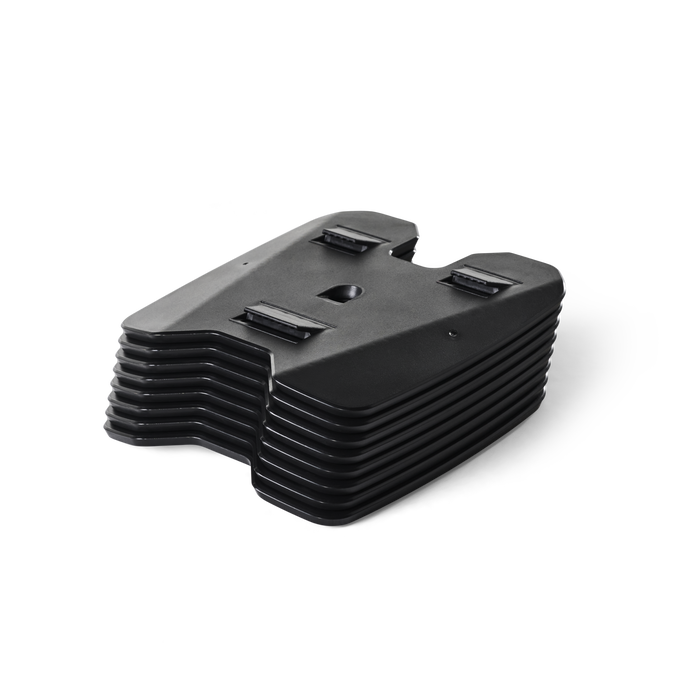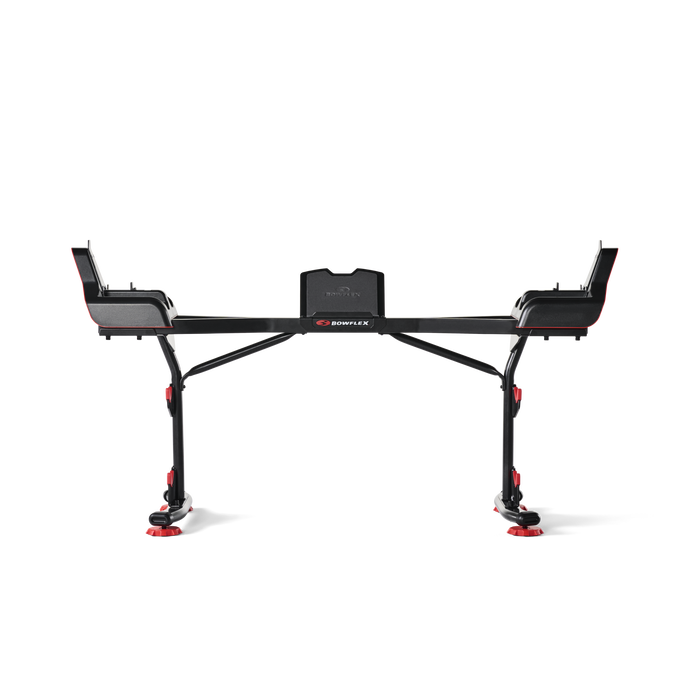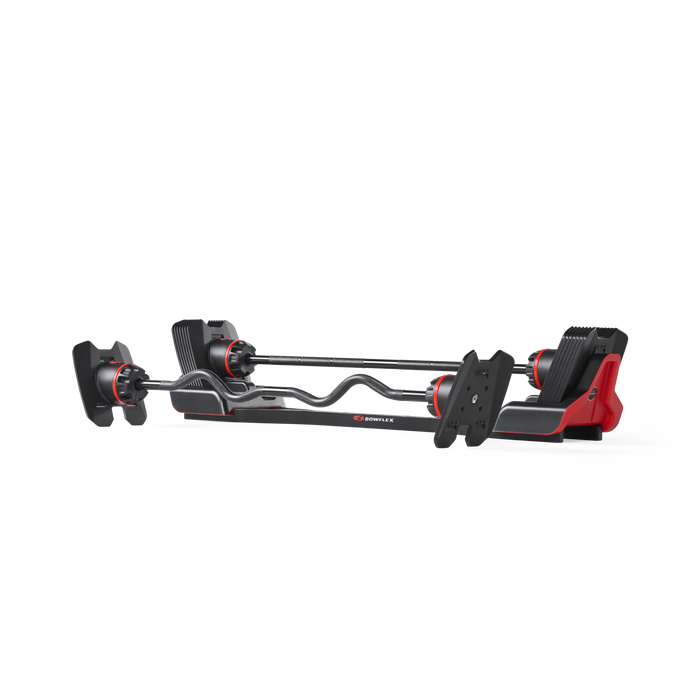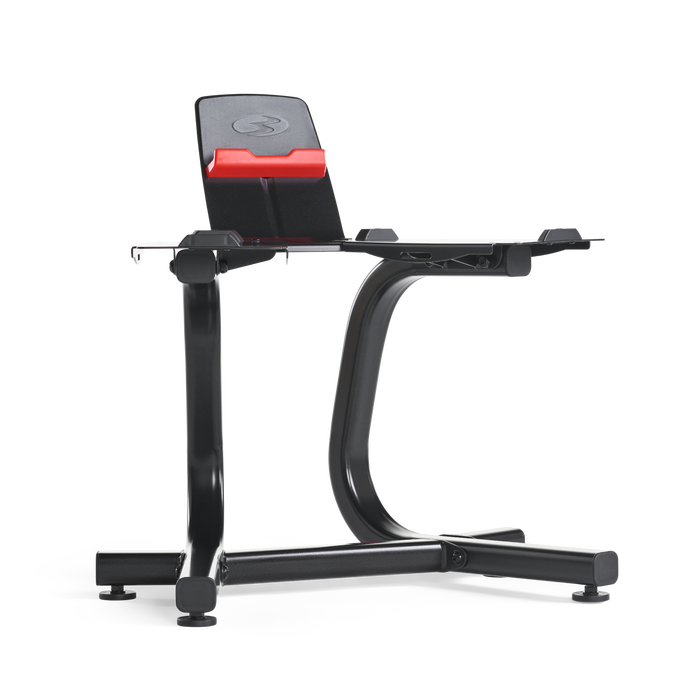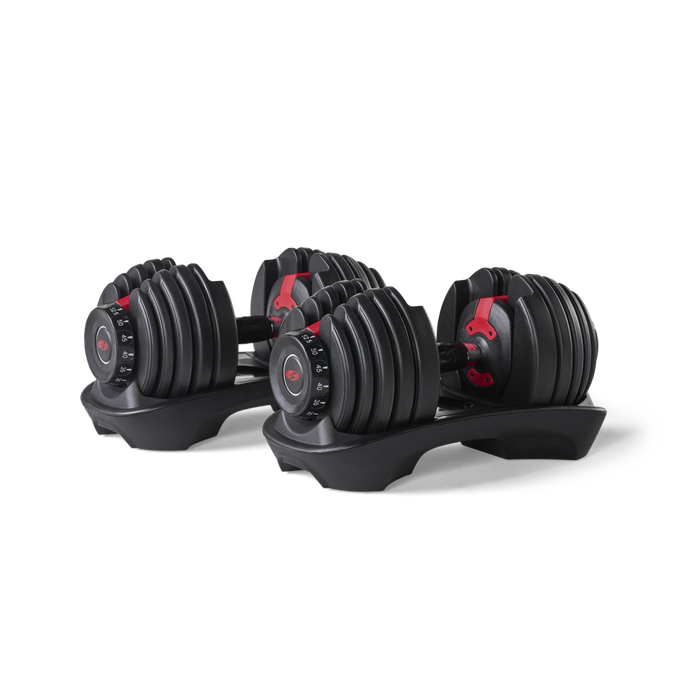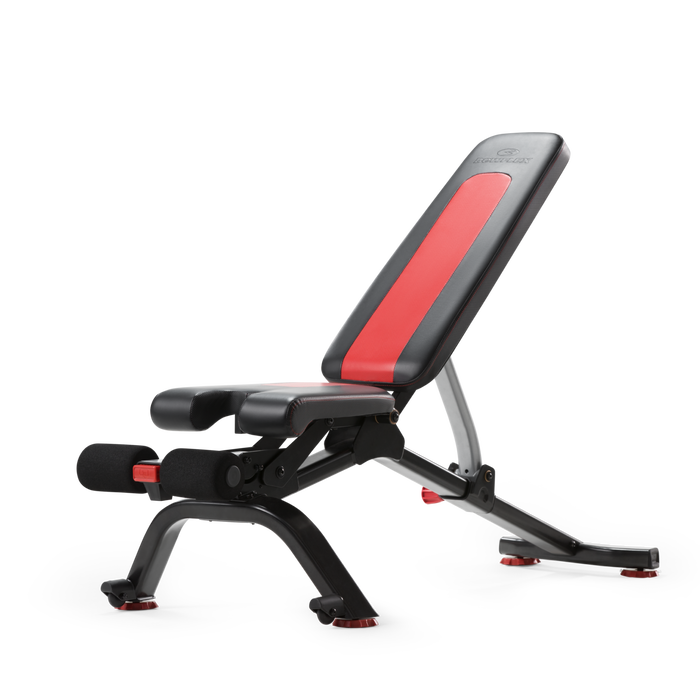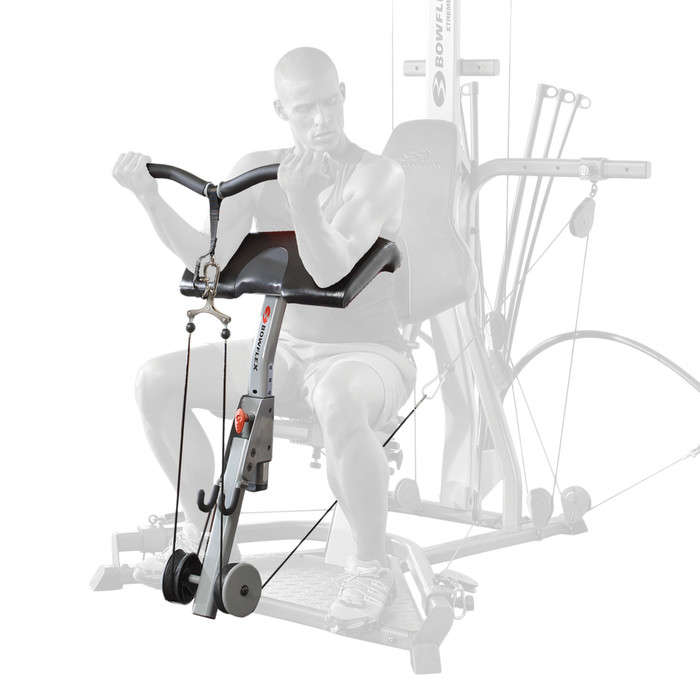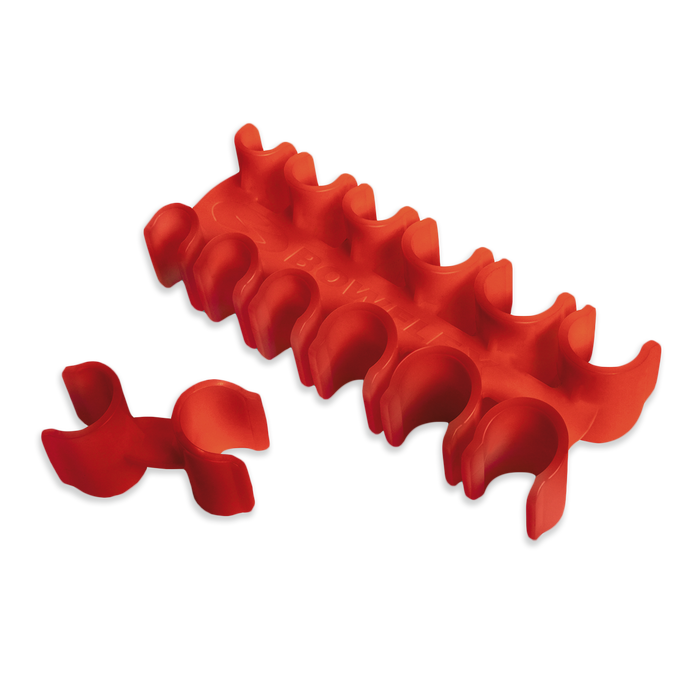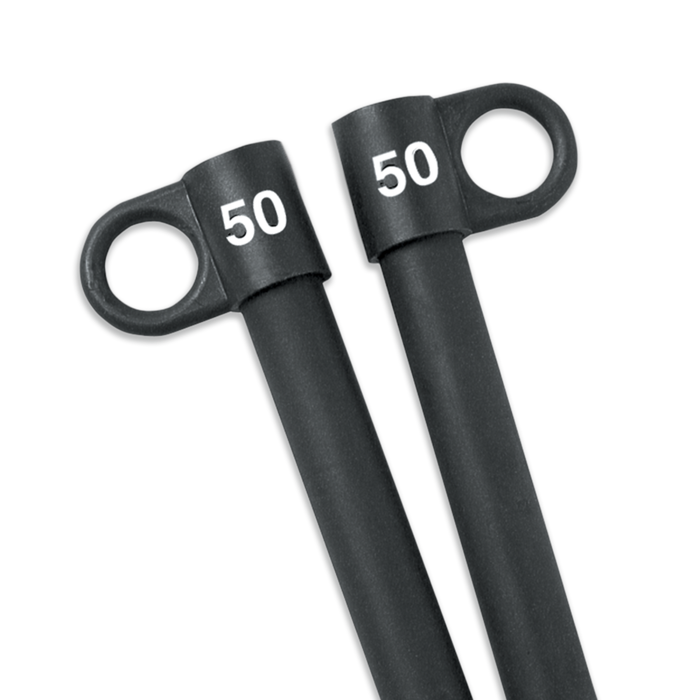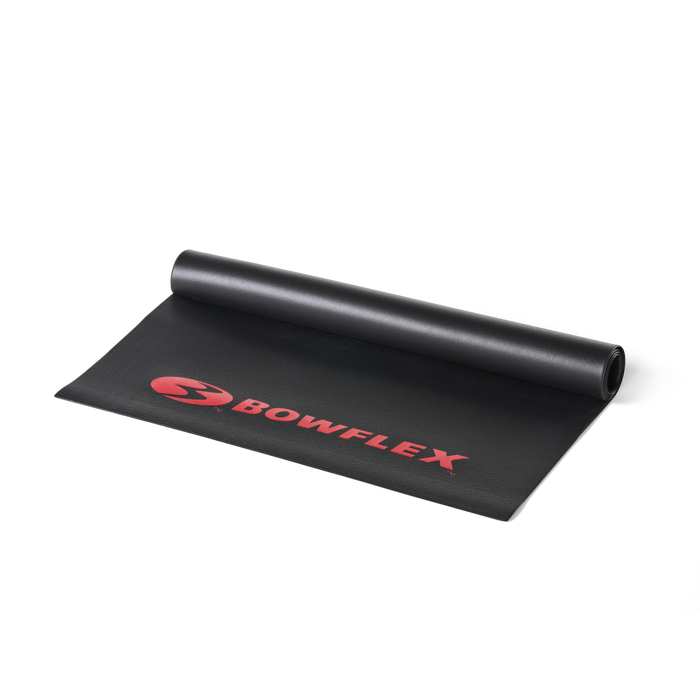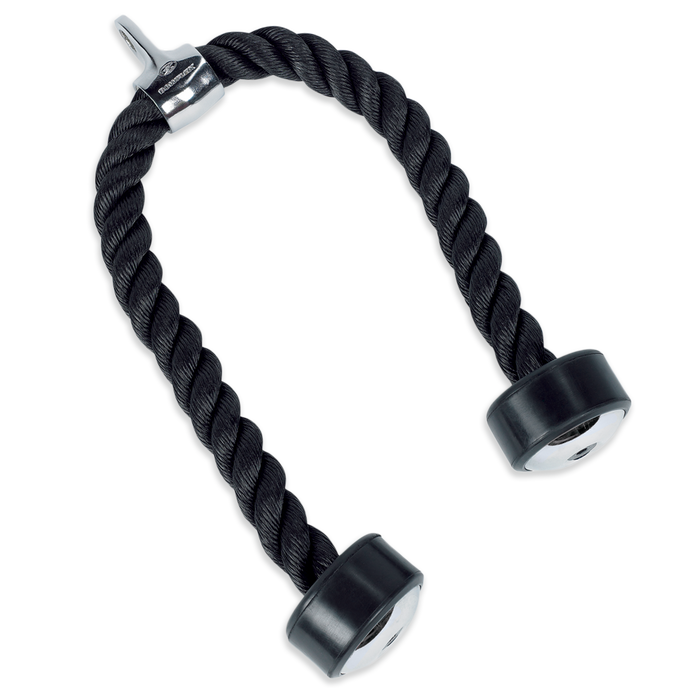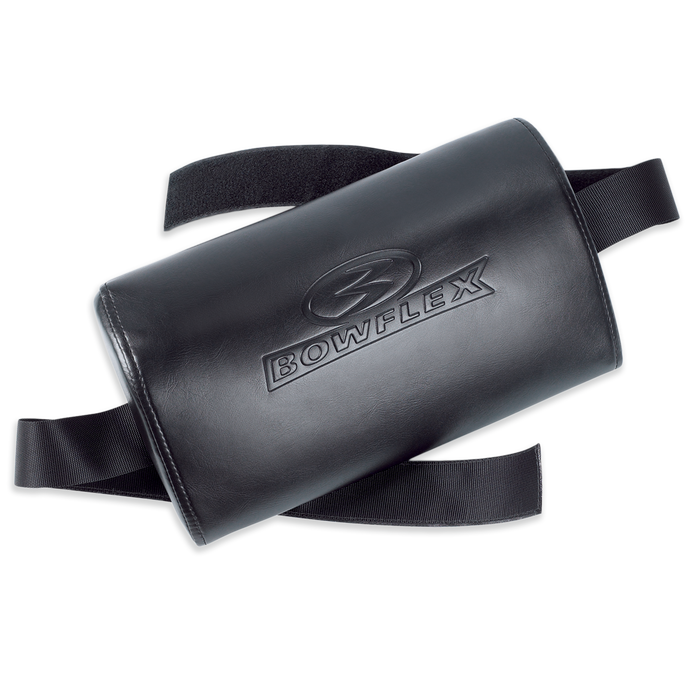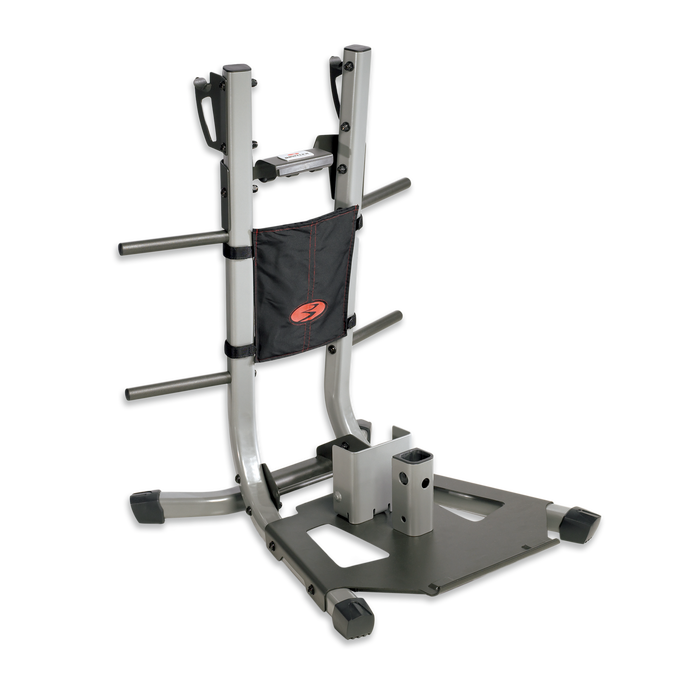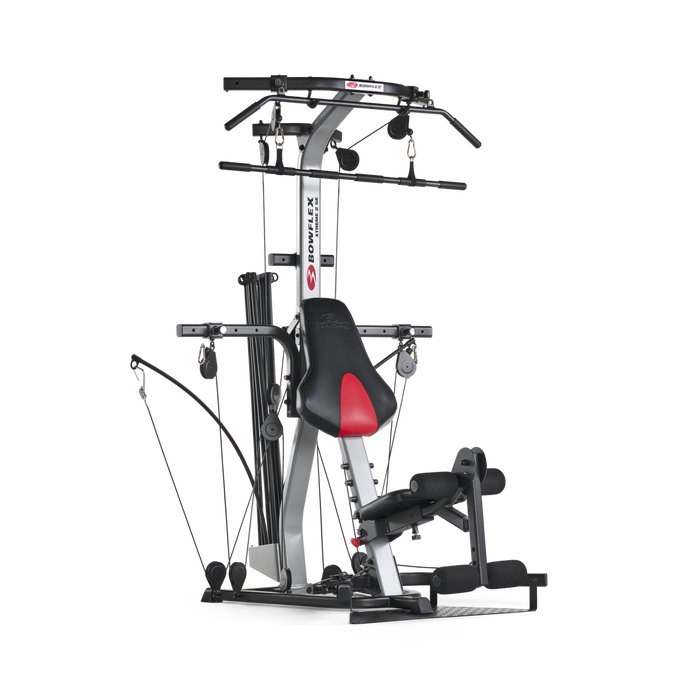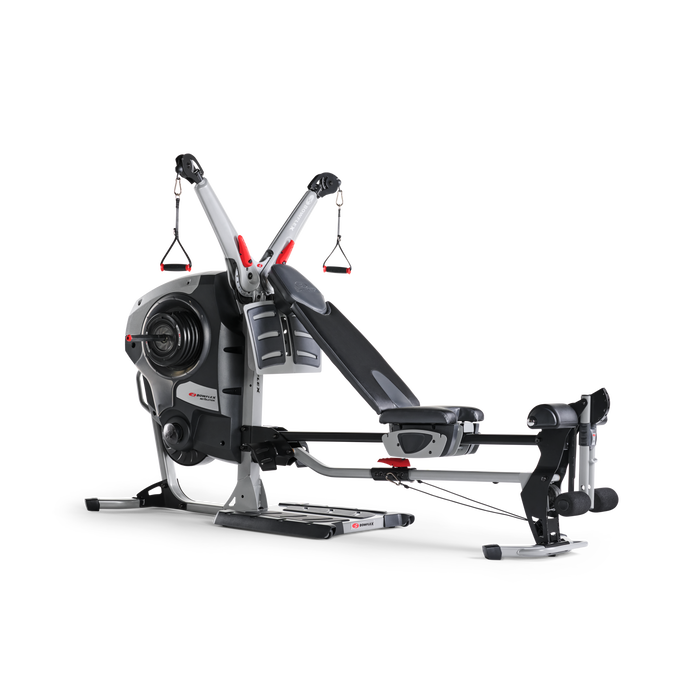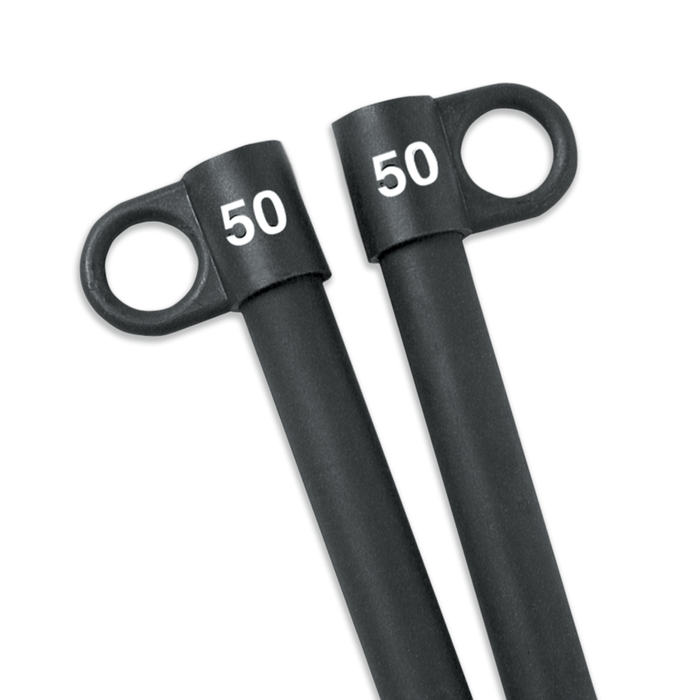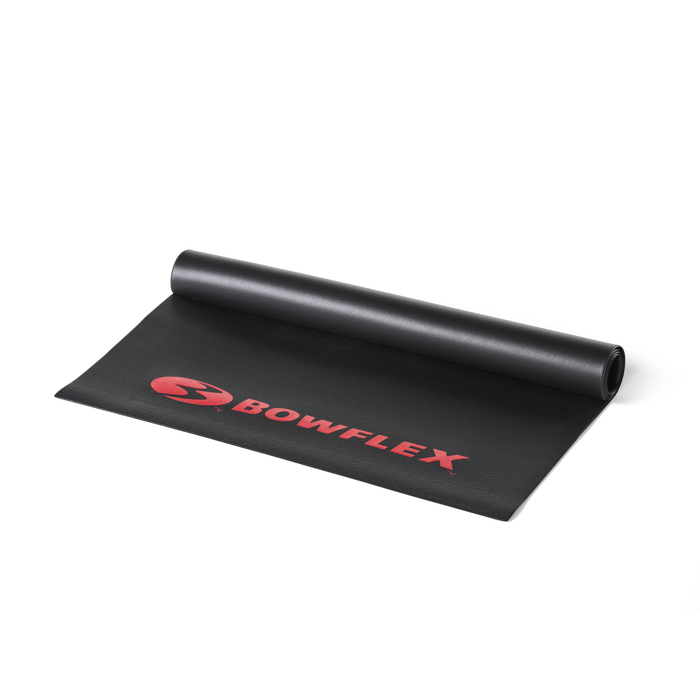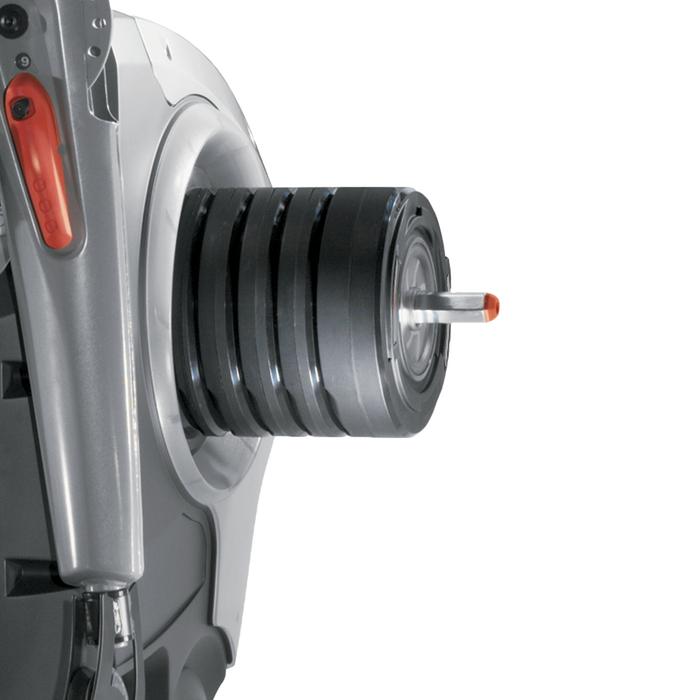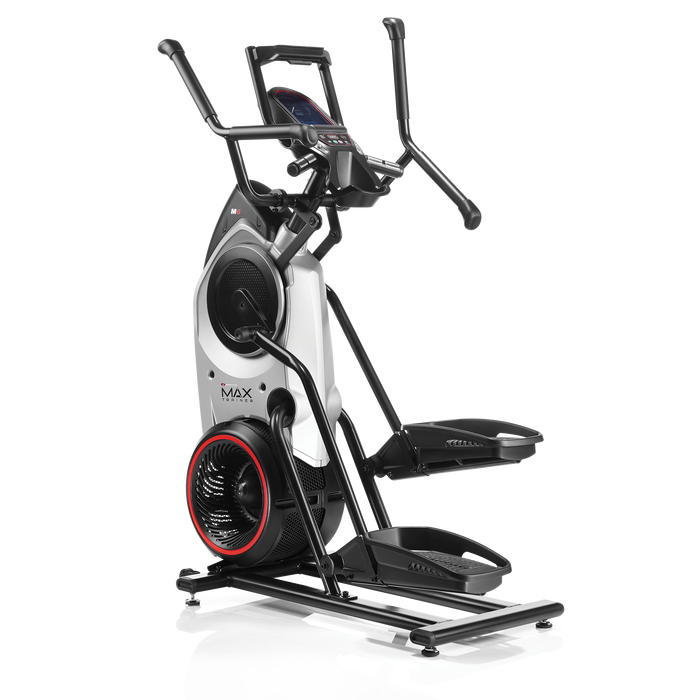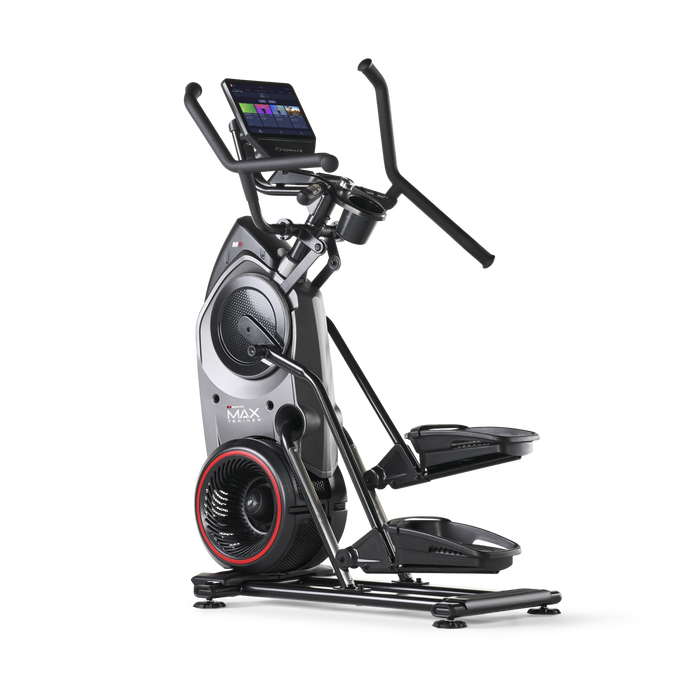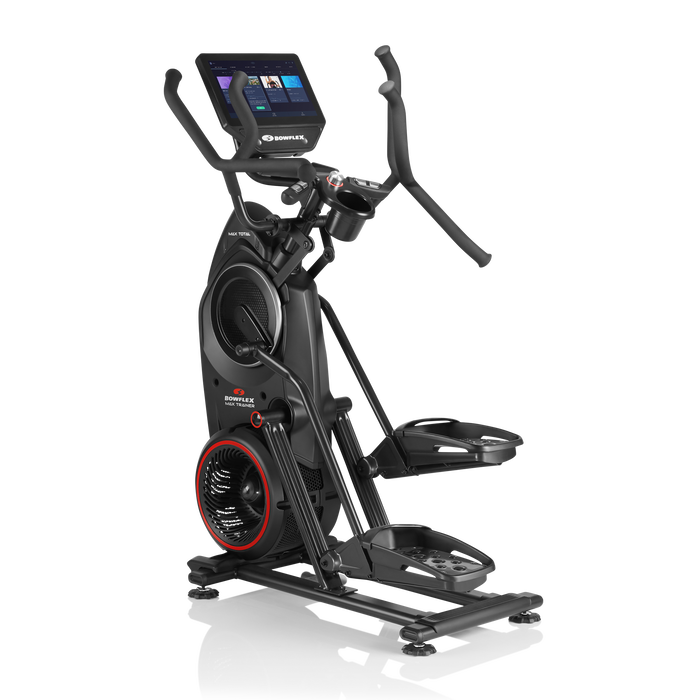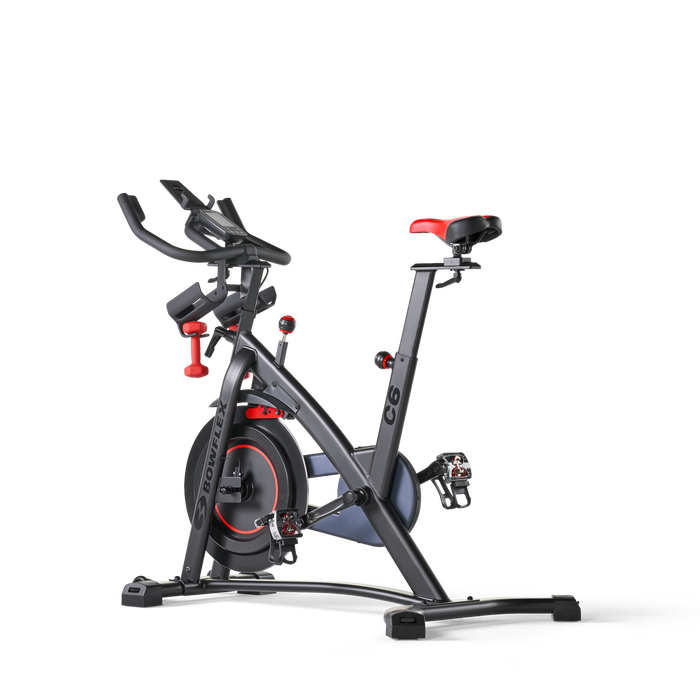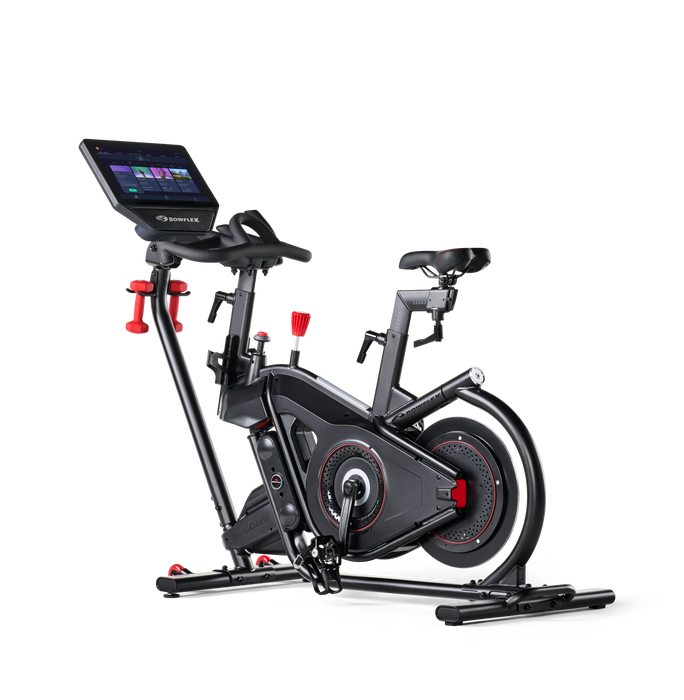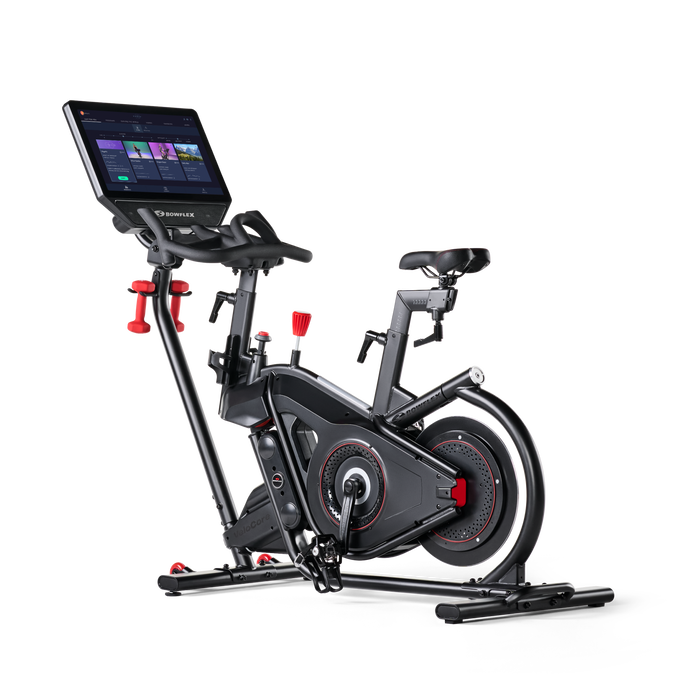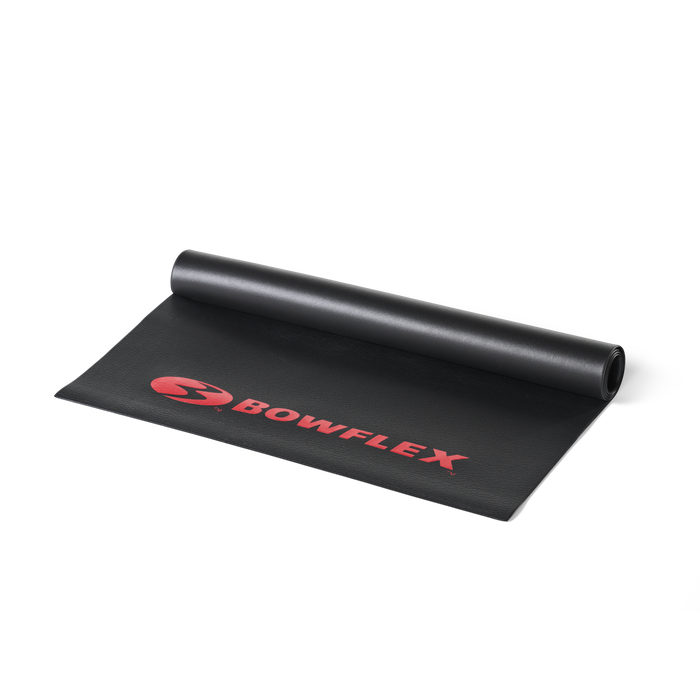Protein Do's and Don'ts: Part 2

Don't: Limit yourself to tuna, egg whites and chicken breast.
Eat whole eggs, lean cuts of pork and red meat, and other types of seafood, including salmon (canned salmon is a good option), shrimp, tilapia, and halibut. Lean red meat (organic, if possible), such as sirloin, filet mignon, flank steak or wild game, gives you more culinary variety, iron, zinc, and even a solid dose of omega-3s.
Do: Keep an eye on protein portions.
Calories from protein still matter! Skimping on carbohydrates and loading up on protein is a common mistake people make. However, eating more calories than you need, regardless of whether it's from protein, fat, or carbs, will prevent you from getting lean. If your goal is muscle gain, there is still a fine balance between getting an adequate amount of protein but not too many calories overall. Eating more protein alone does not promote muscle gain. You have to do the work in the gym too! And you want to gain muscle not fluff, right!? (See the guidelines below to determine how much you need).
Do: Minimize processed meats, such as lunch meat, and high fat protein, including bacon, sausage, and hot dogs.
The same goes for non-meat alternatives: soy burgers, tofurky, and tofu-bacon. Occasionally eating any of the aforementioned foods, meaning once per week or less is fine, but try to avoid making them part of your daily menu due to the sodium content, nitrates, and fillers used.
Do: Space out your protein throughout the day.
Don't eat a carb-heavy breakfast, such as a muffin and fruit or bagel and cream cheese, and then have a 10oz T-bone for dinner. For optimal results, evenly distribute your protein between meals and snacks. Research shows that this is the most effective way to lose weight, and maintain or build muscle. Your body can only utilize approximately 25-35g/protein for muscle maintenance and growth– the equivalent to about 3-5oz of meat. Additionally, your body can only absorb limited amounts of amino acids in one sitting. You'll get the most from your protein by making sure you have a little protein at every meal as opposed to a lot of protein every other meal.
How much protein do you need?
It depends on your goal, but here are general guidelines to use as a starting point. Aim for getting 25-35% of your daily calories from protein. You may need to adjust up or down depending on your individual metabolism, goals, and exercise regimen.
How many grams of protein are in foods?
- 3.5oz lean beef tenderloin = 29g
- 4oz salmon = 29g
- 3.5oz chicken breast = 30g
- 1 cup of lentils = 18g
- 5oz Greek yogurt = 14g
- 1 large egg = 6g

